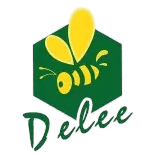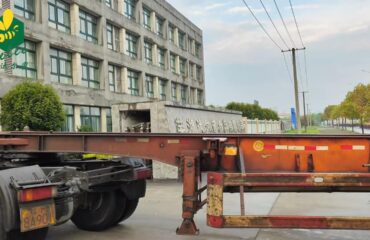Bioengineering advances at WSU could help save honey bees

Researchers at Washington State University may be able to help save honey bees by introducing microparticles to the bees’ digestive system that can absorb harmful toxins found in pesticides.
Waled Suliman, a bioengineering-project leader at WSU, said the material he and his team developed is made to attract only specific
pesticide compounds based on the molecule’s acidity and temperature.
“The particles act as a sponge inside (the bee’s) digestive system,” he said. These particles target and bind the toxic molecules, and then they can easily and safely pass out of the body.”
This is different from something like activated carbon, which absorbs non-harmful chemicals indiscriminately, and could affect bee health.
“The idea is not to create general absorbance,” Suliman said. “When we know what the pH of this material is, we can easily design a product to target specific molecules.”
Consumers might wonder if those “sponges” could end up in the honey they’re buying, but that’s unlikely to happen because the bees would be treated outside of honey production season.
“That honey production time is usually when bees aren’t exposed to these agro-chemicals,” said Brandon Hopkins, assistant research professor. “They’re usually exposed during pollination seasons.”
The particles would help reduce the so-called “sublethal” levels of toxins that build up in honey bees, he said.
Reducing those amounts of pesticides in the bees’ system can still lead to better overall health and production.
“If it makes the bees healthier then they’re going to have stronger hives and produce more honey,” Hopkins said.
The health of honey bees has been of keen interest in recent years. The insects, which pollinate billions of dollars of tree fruit and other crops, are in trouble.
In some cases, beekeepers report 50 percent of their hives are dying off. A tiny parasitic mite has been largely blamed, along with diseases and pesticides.
The project also allows some undergraduate students to gain professional experience in the field. Seven students currently work with Suliman and Hopkins.
“We give them a real-world problem,” Suliman said. “They start from zero, so they are very active and they catch onto the information quickly.”
The project allows students to gain experience in research, and the realities of challenges like funding and working with industry partners to develop products, he said.
But before that product becomes commercially available, the team needs to improve their design.
Right now the team uses bee pollen to create the toxin-absorbing microparticles. But that’s too expensive to be commercially viable, so they’re looking into alternatives.
The material’s efficiency also needs to increase so it absorbs toxic residues before the bee’s cells do. And the product would be better if it stayed in the bee’s gut longer.
“We compete with the time, so our material should work faster than the digestive system.My inspiration for this project is to create a product that can be easily and safely provided to the beekeeping industry” Suliman said.
The product could be available commercially within one to two years, he said. Hopefully, with further development, it will help beekeepers maintain better colony health in the future.




